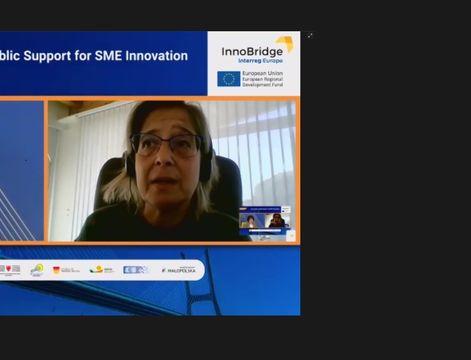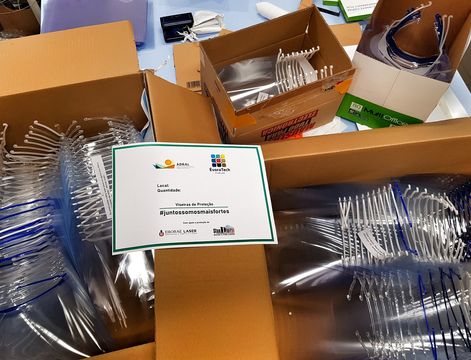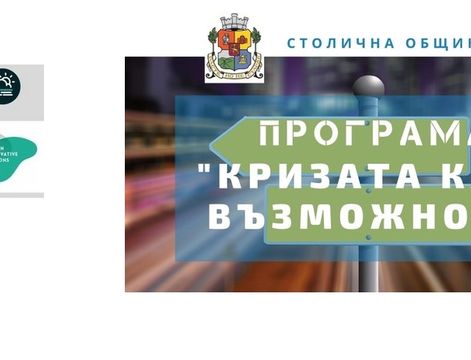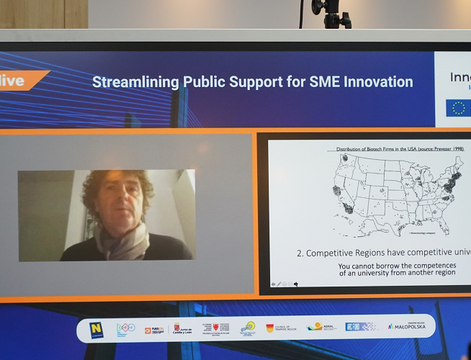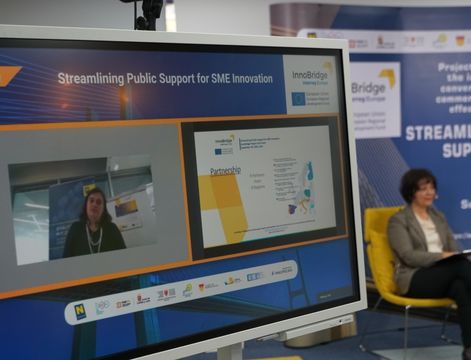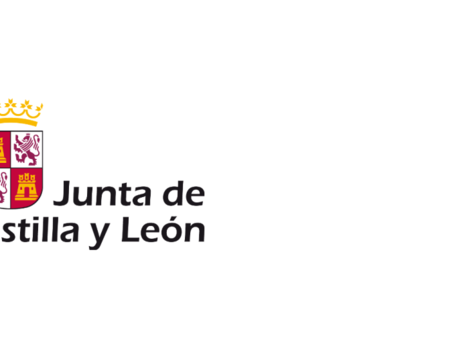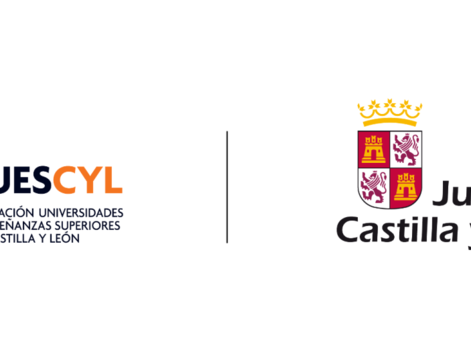Katalin Barna from the Hungarian Ministry of Finance gave a lecture at InnoBridge Final Conference on the 30th of September in the topic of ‘Hungarian measures to contain the economic consequences of the COVID-19 pandemic '. In her presentation she was talking about how Hungary reacted to the crisis and how the ERDF can help to cope with that challenge.
The Hungarian strategy for the pandemic contains 3 main targets: save lives, restart schools and relaunch the economy. In the framework of the strategy the Economy protection action plan was announced on 6th April, in addition to quick response measures announced earlier in March. Until the end of summer, the Government has allocated a total of EUR 7,4 bn for pandemic and economy protection expenditures and further EUR 1,1 bn on tax measures.
The goal is to eliminate the greatest risks while limiting economic activity and normal life as little as possible.
For reaching this goal a wide range of effective job-related measures were announced and also different kinds of programmes were dedicated to financing companies and households.
The Economic Development and Innovation Operational Programme (EDIOP) is one of the main sources of financing the Economy protection action plan. The main ’Crisis measures’ in the framework of EDIOP were launched in April and May. As in almost every Member States of the European Union the first calls for proposals were focusing on wage support. Besides a general call an R&D sector specific measure was also announced. In May a support for job creation became also available for the Hungarian companies.
Besides job protection the technological development of SMEs came also into focus. A call for proposals was launched at the end of May with a total budget EUR 285 million with an extensive range of the supported activities. Therefore the SMEs were able to shape their budget and also their projects for their special needs. From equipment, technologies – especially if they are using renewable energy – through purchasing licences, know-hows and different kinds of consultations and trainings to real estate rent and working capital are also supported. A very high interest was detected for this call so this measure could help for almost 4000 SMEs in the convergence regions of Hungary. The applied procedure of the call was a recently introduced so called ‘non-refundable grant on a conditional basis’ procedure which means that 100% of the subsidy is given as a refundable assistance in advanced payment for the SMEs and in the maintenance period the implementation is being evaluated. As a result of the performance measurement a previously determined amount of subsidy can turn into a non-refundable grant. This procedure helps Managing Authorities to support as much SMEs in a short period as they can with a low risk of unsuccessful projects.
In the framework of the economic protection action plan a call for proposals was dedicated to adverse the consequences of the emergency situation on the labour market. The aim of the ‘Trainings for restructuring’ call is ensuring that employees and jobseekers acquire those IT competencies which ones are required in the labour market in order to prepare for a career change. At the end of the training 750 certificated people were expected but by the end of the summer more thousands of students were applying for the courses and more than 8.000 of them passed the exams to be able to start the supported trainings.
In order to deal with the crisis caused by COVID-19, a loan programme in the Financial Instrument priority of the EDIOP has been revised, as the Managing Authority noticed that SMEs are really in need for supporting their working capitals. As in most of the Member States Hungary introduced a loan type of support for this and used an ongoing product to serve this need. The loan product has been revised and main modifications were introduced in June. In the tailoring procedure of the product the budget of the funding has been increased and new eligible activities, like financing supplies and operating costs, appeared in order to ensure the smooth and liquid operations. The minimum of the own resource has been decreased to 0% and the repayment period has been extended to 60 months. From June advanced payment can be requested twice in the implementation period.
Summing up the actions above we can see that different types of measures were applied in order to contain the economic consequences of the pandemic in Hungary. From wage supports to those activities which ones are focusing on technological and labour market transition. The framework of the actions were the same all around the European Union, therefore a lot of similar support schemes and loan products came to the market in this pandemic situation. This can be a good opportunity to learn from each other. The economy can be set on a growth path only if we all are able to notice the needs on the market and can react on them as fast as we can.


